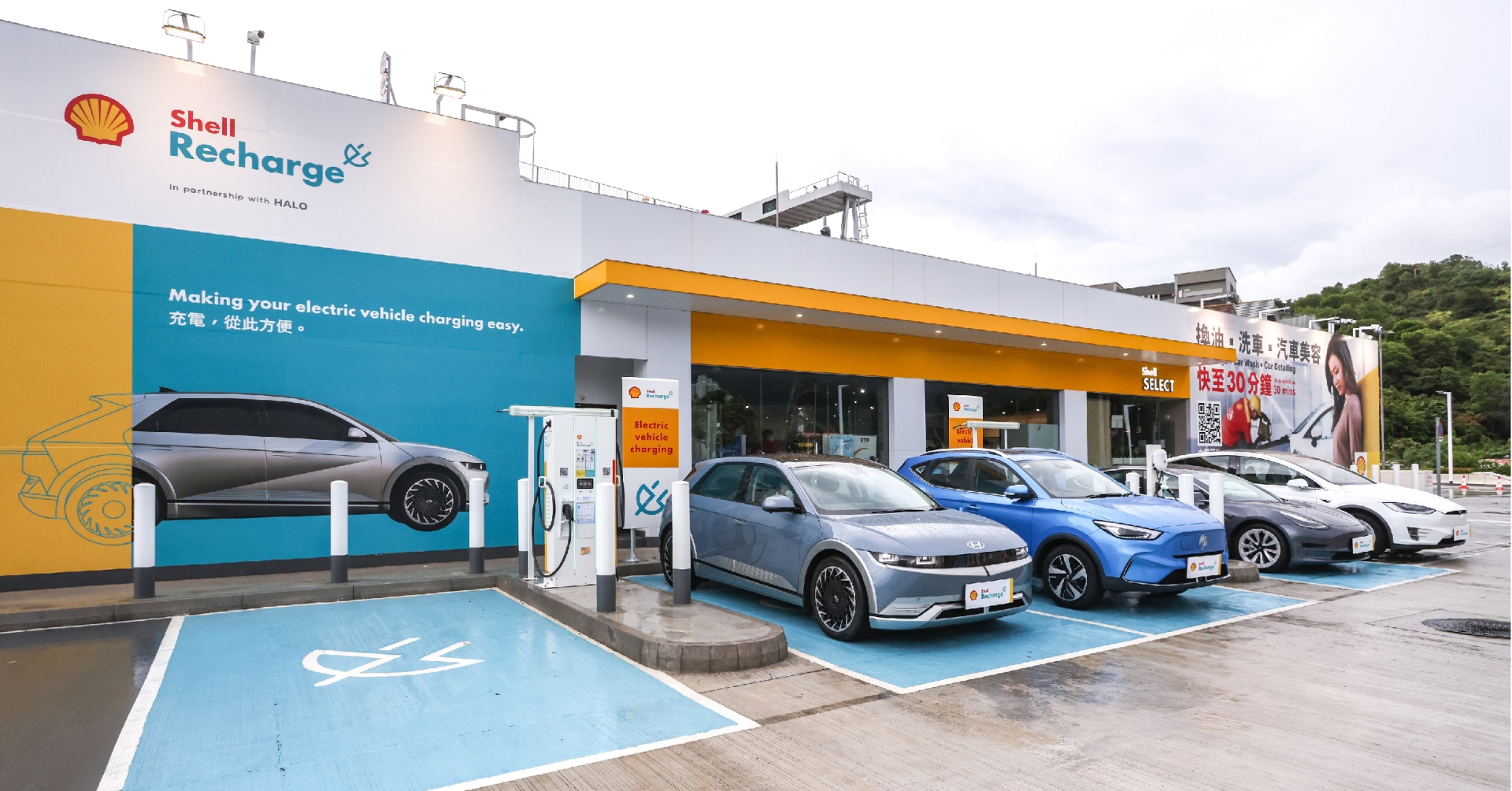EV Facilities Development in Hong Kong: Current State and Future Outlook
Electric vehicle (EV) facilities in Hong Kong are growing, but there’s still a long way to go. Right now, there are over 5,000 public charging points across the city, according to the Hong Kong government’s data as of 2023. These include slow chargers, medium-speed chargers, and fast chargers. Fast chargers can power up an EV in about 30 minutes to an hour, while slow chargers might take several hours. Most charging stations are in urban areas like Central, Kowloon, and shopping malls, but rural areas and some residential neighborhoods have fewer options.

The government is working hard to support EVs. They have a goal to make Hong Kong carbon neutral by 2050, and EVs are a big part of that plan. They’ve launched programs like the “One-for-One Replacement Scheme,” which gives tax breaks to people who switch from old gas cars to EVs. They’re also adding more charging stations. By 2025, the plan is to have at least one charging point in every public parking lot. Private companies are helping too, with some malls and office buildings installing chargers for their customers and workers.
Still, there are challenges. Hong Kong is a small, crowded city, so finding space for new charging stations is tough. But the government is pushing forward with projects to add chargers in new housing developments and along highways. If these plans work out, EV drivers will have an easier time finding a spot to charge in the coming years.
Pros of Owning an EV Car in Hong Kong
Owning an EV in Hong Kong comes with some great benefits. Here are the main ones:
- Environmental Benefits: EVs don’t release harmful gases like gas cars do. Driving an EV helps cut down on air pollution, which is a big problem in Hong Kong’s busy streets.
- Lower Operating Costs: Electricity is cheaper than gas. For example, charging an EV for a full day’s drive might cost around HK$20-30, while filling up a gas car could cost HK$100 or more.
- Government Incentives: The government offers big tax breaks for EV buyers. You can save up to HK$97,500 on the first registration tax for some models. There are also no fuel taxes for EVs.
- Smooth and Quiet Ride: EVs don’t have loud engines. They’re quiet and feel smoother to drive compared to regular cars.
- Access to Priority Charging Stations: Some areas have special parking spots with chargers just for EVs, making it easier to park in crowded places.
Cons of Owning an EV Car in Hong Kong
Even with the benefits, there are downsides to owning an EV in Hong Kong. Here’s what to watch out for:
- High Upfront Costs: EVs cost more to buy than regular cars, even with government discounts. A basic EV can start at HK$300,000, while a similar gas car might be HK$200,000.
- Charging Time and Convenience: Charging takes longer than filling up with gas. A fast charger might take 30 minutes, but if you’re using a slow one, it could take 6-8 hours. Plus, some areas don’t have many chargers.
- Limited Model Availability: There aren’t as many EV models to choose from in Hong Kong compared to places like the U.S. or Europe. You might not find the exact car you want.
- Battery Degradation: Over time, EV batteries lose their power. After a few years, you might need to replace the battery, which is expensive, and it can lower the car’s resale value.
- Parking and Charging Access: If you live in an older building or a place without private parking, finding a charger can be hard. Many residential areas don’t have enough charging spots.
Is It a Good Time to Buy an EV in Hong Kong?
Deciding if now is the right time to buy an EV in Hong Kong depends on a few things. On the positive side, the government is offering good incentives, like tax breaks, which can save you a lot of money upfront. The number of charging stations is growing, and electricity costs less than gas, so you’ll save on daily driving. Plus, driving an EV helps the environment, which is important in a polluted city like Hong Kong.
However, there are still issues. Charging stations aren’t everywhere yet, especially if you live outside central areas. EVs are expensive to buy, and if you can’t charge at home, it might be inconvenient. Also, if you like having lots of car choices, the limited models in Hong Kong might disappoint you.
Right now, it’s a good time to buy an EV if you live in an area with easy access to chargers, can afford the higher upfront cost, and want to take advantage of government discounts. But if charging is hard for you or you’re worried about battery life, you might want to wait a few years for better infrastructure.
Conclusion and Recommendations
To sum up, owning an EV in Hong Kong has both good and bad sides. The benefits include saving money on fuel, helping the environment, and getting government support. But the high cost, limited chargers, and fewer car options are real challenges. If you’re thinking about buying an EV now, it can be a smart choice if you plan carefully.
Here are some tips for potential buyers: First, pick a model that fits your budget and driving needs. Second, check if there are chargers near your home or workplace. Third, buy soon to use the current government incentives before they change. Overall, EVs are a good option for some people in Hong Kong, but not for everyone just yet.
Future of EVs in Hong Kong
The future of EVs in Hong Kong looks promising. The government wants 50% of new private cars to be electric by 2030. To make this happen, they plan to add thousands more charging stations over the next 5-10 years. New housing and buildings will likely include chargers as a standard feature. More EV models from brands like Tesla, BYD, and others are expected to enter the market, giving buyers more choices.
Policies might change too. The government could offer even bigger discounts or stricter rules on gas cars to push more people toward EVs. By 2030, experts think Hong Kong could be a leader in EV use in Asia if these plans work out. For now, the focus is on building better infrastructure and making EVs more affordable for everyone.

Case Studies and Buyer Testimonials
Hearing from real EV owners in Hong Kong can help you decide if an EV is right for you. For example, Mr. Chan, a 35-year-old office worker, bought a Tesla Model 3 in 2022. He loves the quiet ride and saves about HK$1,000 a month on fuel. But he says finding a charger near his apartment in Tuen Mun is hard, so he often plans his trips around charging stations.
On the other hand, Ms. Wong, a mom of two, bought a BYD EV last year. She says the tax break helped a lot with the cost, but she worries about the battery lasting only 5-7 years. These stories show that while EVs can save money and feel great to drive, charging and battery life are common concerns for owners in Hong Kong.
Comparative Analysis with Other Regions
How does Hong Kong’s EV system compare to other places? Let’s look at a few examples. In Singapore, there are over 3,000 chargers for a smaller population, and the government offers big rebates for EV buyers. Their system is more advanced than Hong Kong’s, with chargers in almost every neighborhood.
In Shanghai, China, there are over 100,000 charging points, way more than Hong Kong. They also have many affordable EV models. However, Hong Kong has better tax breaks compared to Shanghai. In European cities like Oslo, Norway, over 60% of new cars are electric, thanks to huge government support and chargers everywhere. Hong Kong lags behind in charger numbers and EV adoption compared to Oslo.
Hong Kong’s strength is its government incentives, but it needs more chargers and model options to catch up with these other places. Learning from cities like Singapore and Oslo could help Hong Kong improve its EV system faster.












